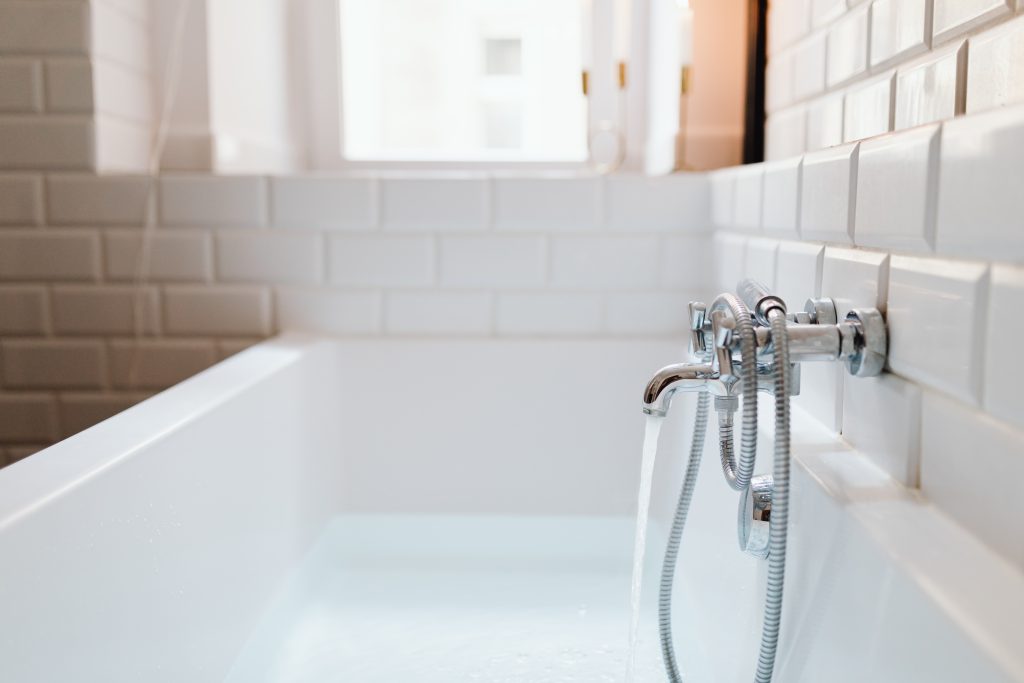
Plumbing emergencies can strike without caution, inflicting huge damage and inconvenience. Knowing the way to respond speedy and efficiently can reduce the impact and price of these incidents. Here’s a guide on a way to deal with common plumbing emergencies and recommendations on a way to prevent them from going on.
Common Plumbing Emergencies
1. Burst Pipes
Causes:
- Freezing temperatures inflicting water in pipes to extend and burst
- Corrosion or old pipes
- Excessive water pressure
Immediate Actions:
- Shut Off Water: Turn off the primary water supply to prevent in addition flooding.
- Drain the System: Open all faucets to drain any closing water from the gadget.
- Call a Plumber: Contact a expert plumber to restore or replace the broken pipes.

Prevention:
- Insulate Pipes: Use pipe insulation on uncovered pipes, particularly in unheated regions like basements and attics.
- Maintain Proper Pressure: Install a stress regulator to make certain water stress stays at a secure degree.
- Regular Inspections: Have a plumber look into your pipes often, specially if they are old or made from materials at risk of corrosion.
2. Blocked Drains and Toilets
Causes:
- Accumulation of hair, grease, meals debris, and foreign gadgets
- Flushing irrelevant objects down the toilet (e.G., sanitary merchandise, wet wipes)
Immediate Actions:
- Use a Plunger: Attempt to clean the blockage with a plunger.
- Chemical Drain Cleaners: Use with warning; those can every so often clear minor clogs.
- Call a Plumber: For persistent or extreme blockages, expert assistance is necessary to avoid pipe damage.
Prevention:
- Use Drain Screens: Install monitors over drains to seize hair and particles.
- Dispose of Waste Properly: Avoid pouring grease down the sink and flush simplest appropriate gadgets down the toilet.
- Regular Maintenance: Periodically easy drains and use enzyme-primarily based cleaners to prevent buildup.
three. Water Heater Failures
Causes:
- Sediment buildup in the tank
- Faulty thermostat or heating element
- Leaks or corrosion
Immediate Actions:
- Turn Off Power: Switch off the strength supply to the water heater (energy or gasoline).
- Shut Off Water Supply: Turn off the cold water supply to the heater.
- Drain the Tank: Open the drain valve to drain the tank.
- Call a Plumber: Have a expert inspect and restore the water heater.
Prevention:
- Flush the Tank: Regularly flush the water heater to do away with sediment.
- Inspect Components: Check the thermostat and heating factors for correct functioning.
- Annual Maintenance: Schedule annual maintenance checks with a plumber.
4. Leaking Faucets and Pipes
Causes:
- Worn-out washers or O-jewelry
- Corroded or damaged pipes
- Loose connections
Immediate Actions:
- Turn Off Water: Shut off the water deliver to the affected area.
- Contain the Leak: Use a bucket to catch dripping water and prevent water harm.
- Call a Plumber: For persistent leaks or if you can’t discover the source, are seeking for professional assistance.

Prevention:
- Regular Checks: Periodically investigate taps and seen pipes for signs of damage or damage.
- Replace Washers: Change faucet washers and O-jewelry as needed.
- Professional Inspection: Have a plumber take a look at for hidden leaks or ability troubles.
5. Sewer System Backup
Causes:
- Tree roots invading sewer traces
- Blockages caused by debris, grease, or non-flushable objects
- Collapsed or broken sewer strains
Immediate Actions:
- Avoid Using Water: Stop the usage of all water furnishings to save you further backups.
- Open Clean-Out Pipe: If accessible, commencing the smooth-out pipe can relieve pressure and permit a few wastewater to escape.
- Call a Plumber: Immediate professional help is needed to clear the blockage and repair any damage.
Prevention:
- Avoid Planting Near Sewer Lines: Keep trees and shrubs far from sewer traces to prevent root intrusion.
- Proper Disposal: Do now not flush non-biodegradable objects or pour grease down drains.
- Regular Inspections: Have a plumber inspect your sewer strains periodically to locate and address issues early.
Tips for Handling Plumbing Emergencies
Know Your Plumbing System:
- Familiarize yourself with the area of the principle water shutoff valve and how to function it.
- Understand how to shut off water supply to character fixtures.
Have Essential Tools on Hand:
- Keep fundamental plumbing tools like plungers, pipe wrenches, and adjustable spanners reachable.
- Stock emergency repair gadgets like pipe tape and temporary patch kits.
Stay Calm and Act Quickly:
- Remaining calm allows you think definitely and take the important steps to mitigate damage.
- Prompt action can drastically lessen water harm and repair fees.
Conclusion
Plumbing emergencies can be disruptive and high-priced, however being organized and understanding a way to respond can mitigate their impact. Regular maintenance, proper usage, and preventative measures are key to avoiding many common plumbing problems. When emergencies do occur, brief movement and professional assist are essential to resolving the problem efficaciously and correctly.
